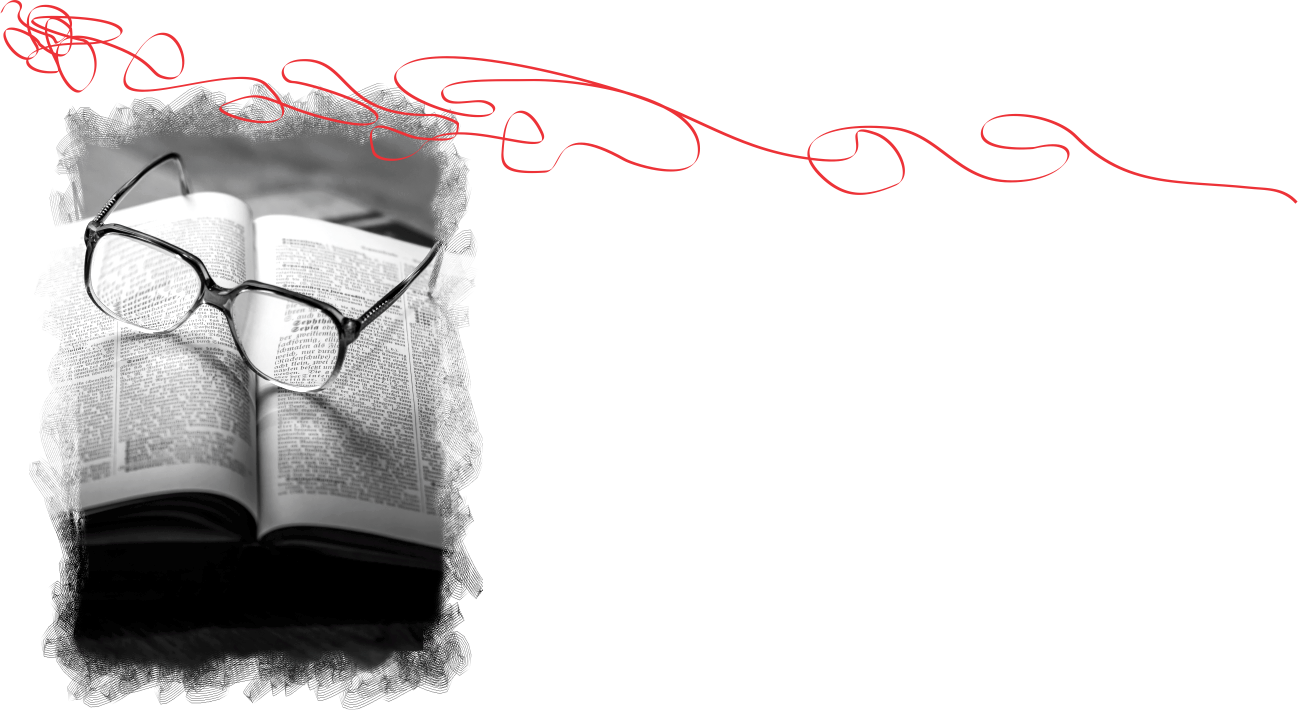Objects of Memory
I don’t drink coffee. As much as I love the aroma, caffeine doesn’t agree with me. My husband, on the other hand, although not a connoisseur, enjoyed a cup from time to time. We kept a small jar of instant coffee in the cupboard for when he wanted a drink, and for guests. As we lived in the tropics, powdered substances perish quite quickly, and after his death, there came a time when the coffee had hardened into a solid lump and was no longer drinkable.
Throwing that jar into the bin brought me undone. I wept like my heart was broken all over again.
Loss causes inconsequential objects to take on significant meaning. They can provide a link with the one who has gone. These objects derive their value from the stories and associations locked within them. People have always collected objects to aid memory—archaeologists, historians, museums, geologists do this in a grander, more detached way; but every family has photo albums, trinkets, old toys or pieces of clothing that have been lovingly preserved for a reason. There is nothing objective about these objects… they help validate our personal experiences and ground our memories in something tangible.
So don’t feel as if you are crazy for holding on to that hairbrush, or that jumper that still holds a certain scent. Don’t be in a hurry to clear everything out. Take your time—to honour those connections, to mourn your loss. Take time to remember.
Next